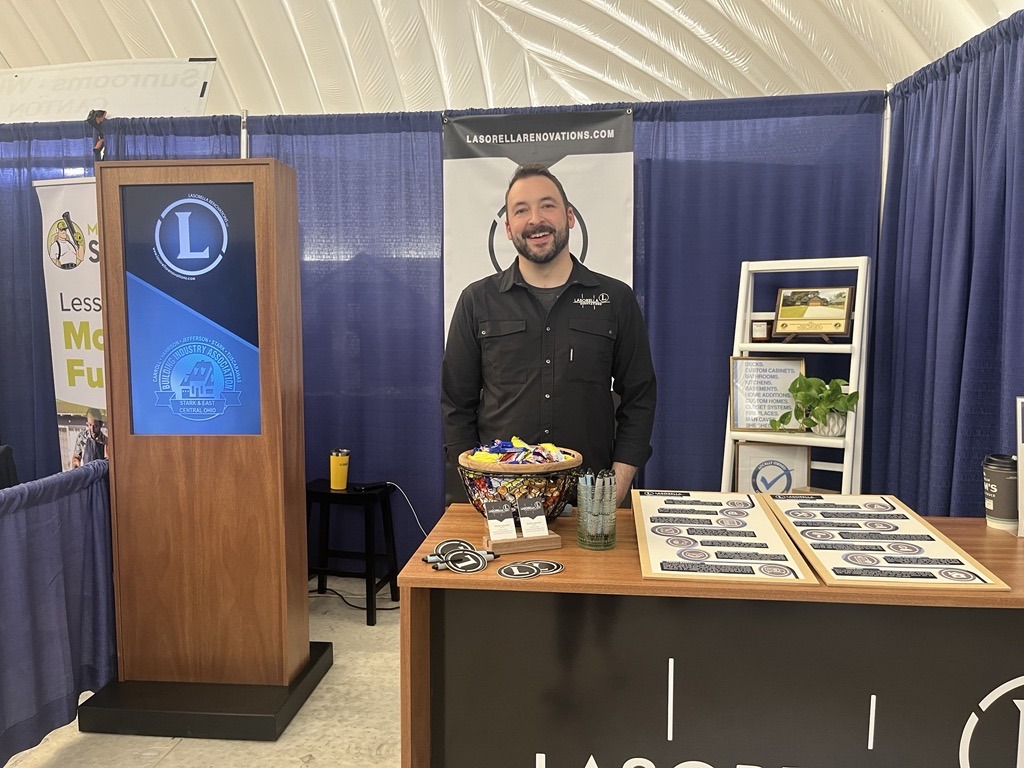
Trade shows and vendor events present fantastic opportunities for businesses to showcase their products, network with industry professionals, and generate leads. However, with numerous competitors vying for attention, standing out can be challenging. By implementing strategic pre-event marketing, designing an engaging booth, and executing effective post-event follow-up, you can maximize your impact and ROI. Here are some best practices to ensure your presence at trade shows and vendor events is successful.
Pre-Event Marketing
1. Define Clear Objectives
Establish what you hope to achieve from the event. Are you looking to generate leads, launch a new product, or increase brand awareness? Clear goals will guide your strategy and help measure success.
2. Promote Your Attendance
Leverage your existing marketing channels to let your audience know you’ll be at the event. Use email newsletters, social media, and your website to build anticipation. Create an event-specific hashtag and encourage attendees to use it.
3. Engage with Attendees Pre-Event
Use social media platforms to engage with potential attendees before the event. Create teaser content, share behind-the-scenes preparations, and initiate conversations to build rapport.
4. Schedule Meetings in Advance
Reach out to key prospects and existing clients to schedule meetings during the event. This ensures you maximize your time and strengthens relationships.
Trade Show Booth Design and Layout
1. Attractive and Functional Design
Your booth should be visually appealing and reflect your brand. Use bold graphics, clear signage, and professional displays. Ensure your booth is open and inviting, allowing easy access and flow of traffic.
2. Interactive Elements
Incorporate interactive elements such as touchscreens, product demos, and VR experiences. These elements engage visitors and provide memorable experiences.
3. Strategic Layout
Design your booth layout to facilitate easy movement and interaction. Place key information and products at eye level, and ensure there are designated areas for demonstrations and private conversations. A local example pictured above is Lasorella Renovation at the Canton, Ohio Home Show.
4. Comfortable Space
Provide comfortable seating and a welcoming environment. This encourages attendees to spend more time at your booth and engage in meaningful conversations.
Drawing Traffic to Your Booth
1. Compelling Hook
Use eye-catching displays or live demonstrations to attract attention. Offer freebies or samples to draw people in and create a positive first impression.
2. Engaging Staff
Your booth staff should be well-trained, approachable, and knowledgeable. They should ask open-ended questions to engage attendees, such as “What brings you to the event today?” or “Have you heard about our latest product?”
3. Interactive Activities
Host contests, games, or quizzes with attractive prizes. This not only draws traffic but also collects contact information for lead generation.
4. Social Media Engagement
Encourage visitors to share their experiences on social media using your event hashtag. Offer incentives for posts, such as entry into a prize draw, to amplify your reach.
Post Vendor Event Follow-Up
1. Timely Follow-Up
Follow up with leads promptly after the event. Send personalized emails thanking them for visiting your booth, and provide additional information or offers relevant to their interests.
2. Analyze and Reflect
Review your performance against your objectives. Analyze what worked well and identify areas for improvement to refine your strategy for future events.
3. Share Success Stories
Share your event experiences and success stories on your blog, social media, and in newsletters. Highlight key takeaways, notable interactions, and any press coverage received.
4. Nurture Leads
Develop a lead nurturing strategy to maintain contact with prospects. Use targeted email campaigns, personalized follow-ups, and valuable content to keep your brand top-of-mind.
Conclusion
Standing out at trade shows and vendor events requires strategic planning, engaging booth design, and effective follow-up. By implementing these best practices, you can enhance your visibility, attract more visitors, and achieve your event objectives. Remember, the key to success lies in the details—preparing thoroughly, engaging genuinely, and following up diligently.
Engage with your audience, create memorable experiences, and build lasting relationships to ensure your next trade show is a resounding success!
